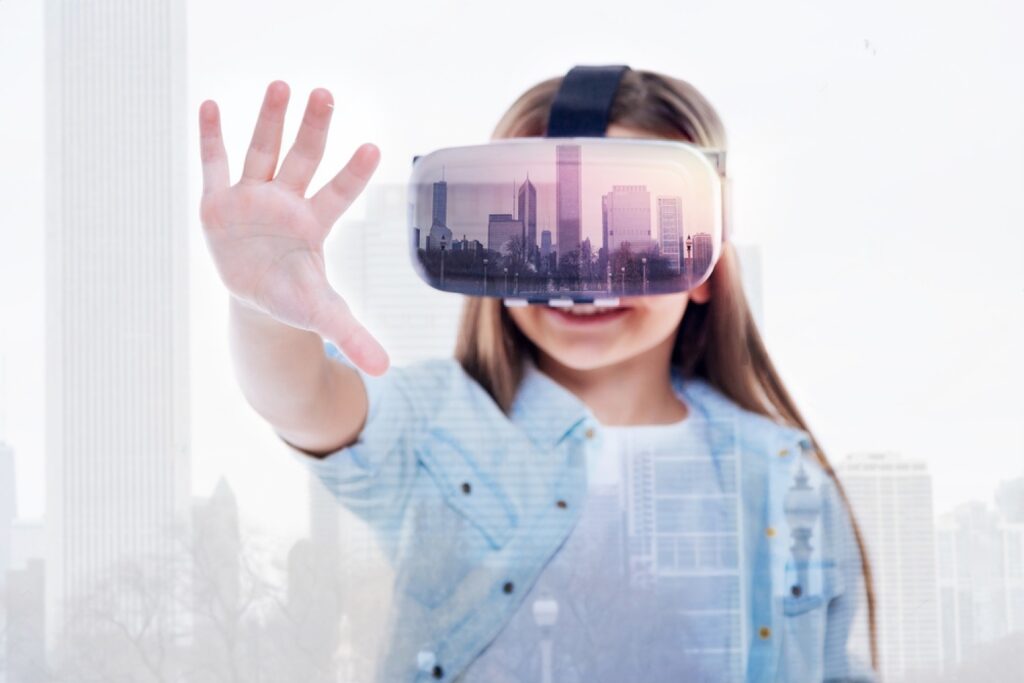
Have you ever watched a science fiction movie or read a futuristic novel and wondered if the incredible technologies portrayed could become a reality? The good news is that we are living in an era where many of these once-fictional concepts are becoming tangible possibilities. In this blog post, we will explore the exciting advancements in technology that were once only seen in science fiction, and how they are shaping our present and future.
The Promise of Sci-Fi
Science fiction has long been a source of inspiration for technological innovation. Visionary authors and filmmakers have brought us captivating worlds filled with flying cars, artificial intelligence companions, and virtual realities. These imaginative works have not only entertained us but have also sparked the creativity of real-world scientists and engineers.
Artificial Intelligence (AI)
Artificial Intelligence, or AI, is one of the most prominent emerging technologies today. It refers to the development of intelligent machines that can perform tasks that typically require human intelligence. From self-driving cars to voice assistants like Siri and Alexa, AI is already transforming various industries.
In healthcare, AI algorithms are being used to analyze medical data and assist in disease diagnosis. In finance, AI-powered chatbots provide personalized financial advice. Transportation is also undergoing a revolution, with AI optimizing traffic flow and enabling autonomous vehicles. The potential applications of AI are vast, and its impact on society will only continue to grow.
Virtual and Augmented Reality (VR/AR)
Virtual Reality (VR) and Augmented Reality (AR) technologies are bringing immersive experiences to our daily lives. VR creates a simulated environment that can transport us to new worlds, while AR overlays digital content onto the real world.
The gaming industry has been at the forefront of VR/AR adoption, allowing players to step into virtual realms and interact with digital elements. However, the applications extend far beyond gaming. VR is revolutionizing education by enabling students to explore historical sites and engage in realistic simulations. AR is being used in architecture and design, allowing professionals to visualize structures and make informed decisions. The potential for VR/AR to reshape entertainment, education, and various industries is immense.
Internet of Things (IoT)
The Internet of Things (IoT) refers to the network of interconnected devices that can communicate and share data with each other. IoT has transformed ordinary objects into smart devices, enhancing convenience and efficiency in our lives.
Imagine a home where you can control the temperature, lighting, and security systems through your smartphone. This is made possible by IoT technology. Wearable devices, such as fitness trackers and smartwatches, collect and analyze personal health data, empowering individuals to make informed lifestyle choices. While IoT offers numerous benefits, such as increased automation and improved decision-making, it also raises concerns about privacy and security.
Blockchain Technology
Blockchain technology, initially popularized by cryptocurrencies like Bitcoin, has emerged as a game-changer beyond the financial realm. At its core, blockchain is a decentralized and transparent digital ledger that records transactions across multiple computers.
While cryptocurrencies remain an essential application of blockchain, this technology has the potential to revolutionize various industries. Supply chain management can benefit from increased transparency and traceability, reducing fraud and counterfeiting. Blockchain-based voting systems can enhance trust and security in elections. The impact of blockchain on security, transparency, and decentralization is significant and far-reaching.
Quantum Computing
Quantum computing is a field that explores the principles of quantum mechanics to develop powerful computers capable of solving complex problems at unprecedented speeds. Unlike classical computers, which use bits to represent information as zeros or ones, quantum computers leverage quantum bits, or qubits, which can exist in multiple states simultaneously.
Although quantum computing is still in its infancy, it holds tremendous potential. It could revolutionize fields like cryptography, optimization, and drug discovery. However, there are significant challenges to overcome, such as maintaining qubit stability and minimizing errors.
Takeaway
As we delve into the world of emerging technologies, we witness the transformation of science fiction into reality. Artificial Intelligence, Virtual and Augmented Reality, Internet of Things, Blockchain, and Quantum Computing are just a few examples of the incredible advancements unfolding before our eyes. These technologies have the power to reshape industries, enhance our lives, and unlock unprecedented possibilities.
To stay at the forefront of this technological revolution, it’s essential to remain informed and embrace the exciting future ahead. By understanding these cutting-edge technologies and their implications, we can contribute to their responsible and ethical development.
So, fasten your seatbelts and get ready to embark on a journey where the boundaries between science fiction and reality continue to blur. The future is here, and it’s full of infinite possibilities.










